On January 25, on the feast of St. Paul’s conversion, Pope Benedict published his first encyclical entitled Deus Caritas Est (“God Is Love”). The encyclical of Benedict XVI is a meditation on love. It begins with a surprisingly frank discussion of human love, then speaks of human love and finally considers that fraternal love which bears fruit in a more just society and a deeper union between Christians.
- In March a communiqué was issued by the Pontifical Council for Promoting Christian Unity, wherein the Pope officially renounced the title “Patriarch of the West,” since it is historically and theologically obsolete.
- Benedict XVI held the first consistory of his pontificate, elevating 15 new cardinals before a gathering of some 15,000 in St. Peter’s Square on March 24.
- On May 6, Benedict XVI celebrated a special Mass for the 5th centenary of the foundation of the Pontifical Swiss Guard, saying, “To be a Swiss Guard means to be loyal without reserve to Christ and the Church and ready to give one’s life for this.”
- In May (25-28), Pope Benedict spent four days in Poland for an apostolic trip, visiting Wadowice, the birthplace of his predecessor, and the former Nazi concentration camp Auschwitz-Birkenau. On the last day of his visit, Benedict XVI celebrated Mass at Błonia for about 900,000 pilgrims.
- On June 22, Benedict XVI named Cardinal Tarcisio Bertone as his new secretary of state. Cardinal Bertone replaced Cardinal Angelo Sodano, who reached the age limit of age 80.
- Encouraging families. During his trip to Valencia, Spain, on July 8-9 for the 5th World Meeting of Families, Benedict XVI strengthened families, because they are the world’s future and hope.
- In July, Father Federico Lombardi was appointed by Benedict XVI to head the Vatican Press Office on the resignation of Dr. Joaquin Navarro-Valls.
- In September, the Holy Father visited Marktl-am-Inn, his native town, and in an address at the University of Regensburg, Germany, spoke about the basis for dialogue between cultures and religions. He proposed, as solution, a new relationship between faith and reason. A few days later, the Pope apologized to Muslims who felt offended, and explained the interpretation of his words: “I am deeply sorry for the reactions in some countries to a few passages of my address at the University of Regensburg, which were considered offensive to the sensibility of Muslims,” he said to the crowds gathered for the recitation of Angelus in the papal summer residence of Castel Gandolfo. “These in fact were a quotation from a medieval text, which do not in any way express my personal thought,” added the Holy Father.
- At the end of November, Benedict XVI visited Turkey for four days, seeking to improve ties with Orthodox Christians and with Muslims. Benedict XVI attended a Divine Liturgy celebrated by Ecumenical Patriarch Bartholomew of Constantinople, at the Orthodox Church of St. George in Istanbul for the feast of St. Andrew, patron of the patriarchate. The Pope visited the Blue Mosque with Mustafa Cagrici, the Grand Mufti of Istanbul. The Holy Father removed his shoes before entering the mosque and recollected himself for a few minutes in silence.
- During the year, the world came to appreciate the work of Msgr. Georg Gänswein, the ideal figure for the role of a “guardian angel” of the new Pope. He had worked with the pontiff since Cardinal Ratzinger was prefect of the Congregation for the Doctrine of the Faith.

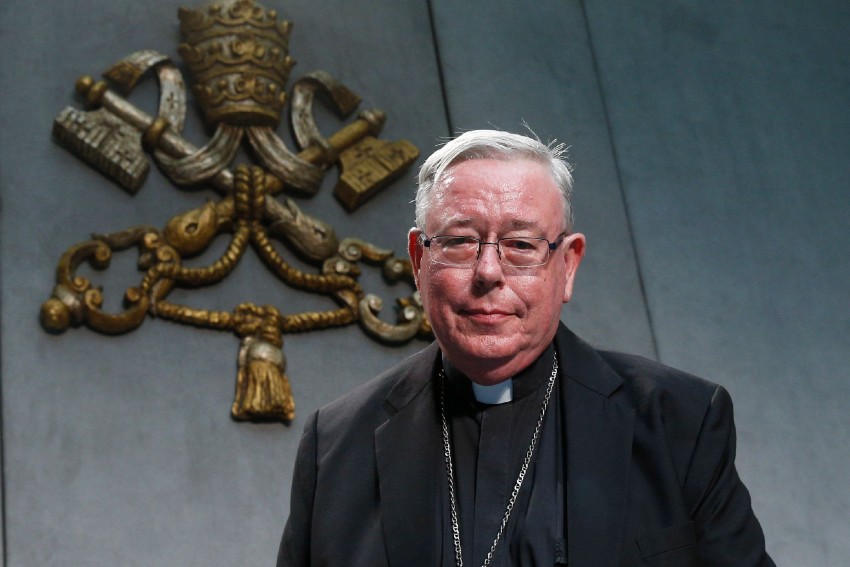
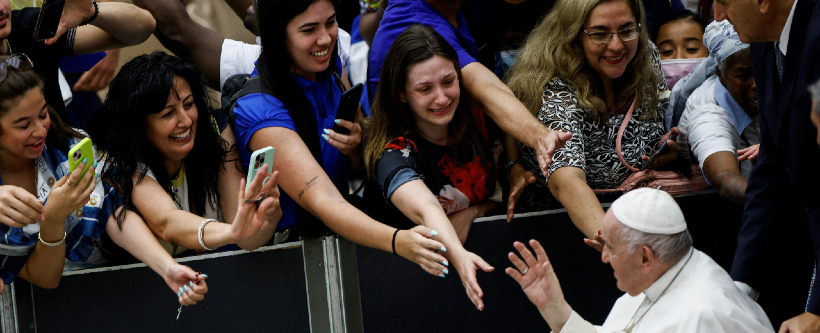
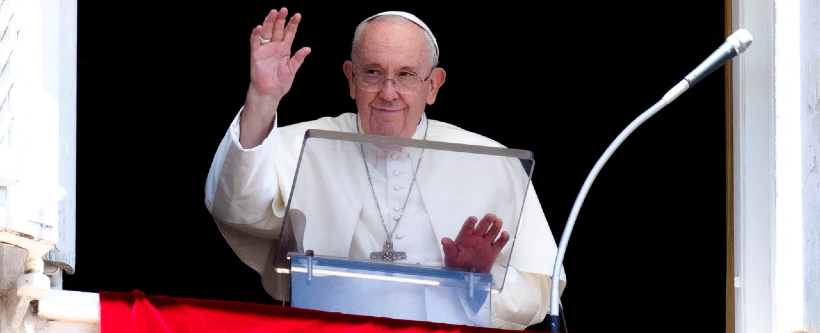
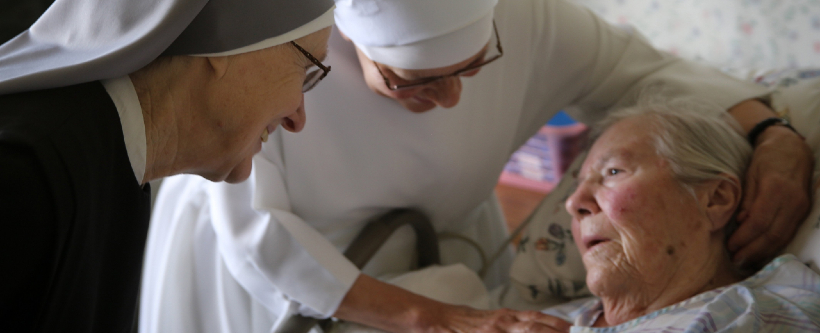
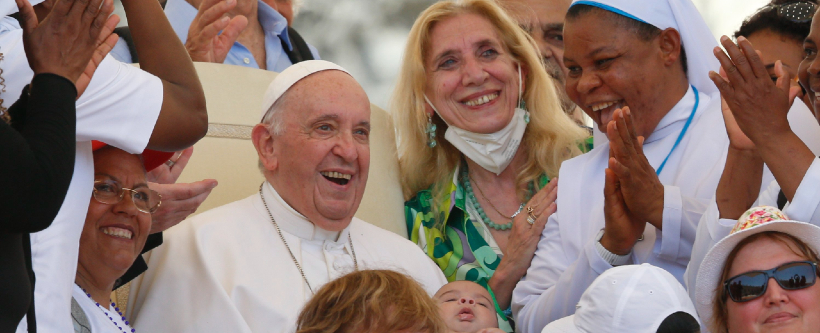
Facebook Comments